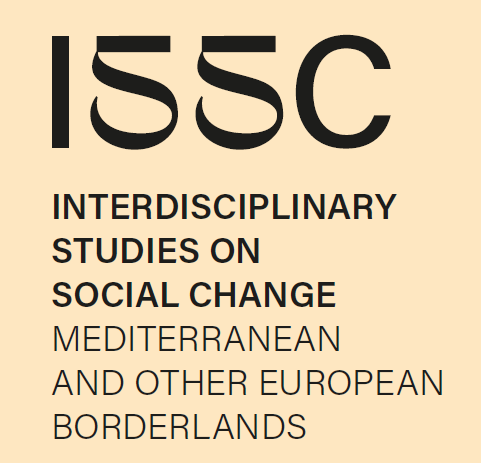The course will show two distinct ways of looking at cultural phenomena, in forms of extended case-studies.
The first part will explore the contemporary pop-culture, cultural texts such as TV series and video games and will look at ways to analyze and theorize them. We will try to use our non-academia experience in an academic environment, trying to adopt a new perspective of looking at – well-acquainted – objects.
In the second part of the course, we will explore nondominant research methodologies and open a discussion about the role of academia in the contemporary world. Linda Tuhiwai Smith, a leading theorist of decolonization of Maori in Aotearoa / New Zealand, wrote that “research is not an innocent or distant academic exercise but an activity that has something at stake and that occurs in a set of political and social conditions” (Smith L. T. 1999/2012, 5). In different local contexts, Indigenous scholars propose a valid alternative to the “Western” way of doing research. They focus on “deconstructing Eurocentric hierarchies and dichotomies and highlighting holistic thinking” and prove that “research can be transformative, drawing from Indigenous ways of knowing” (Virtanen et al. 2021, 13). Another approach that can lead to meaningful results is participatory action research, especially if realized together with minority or indigenous communities.

